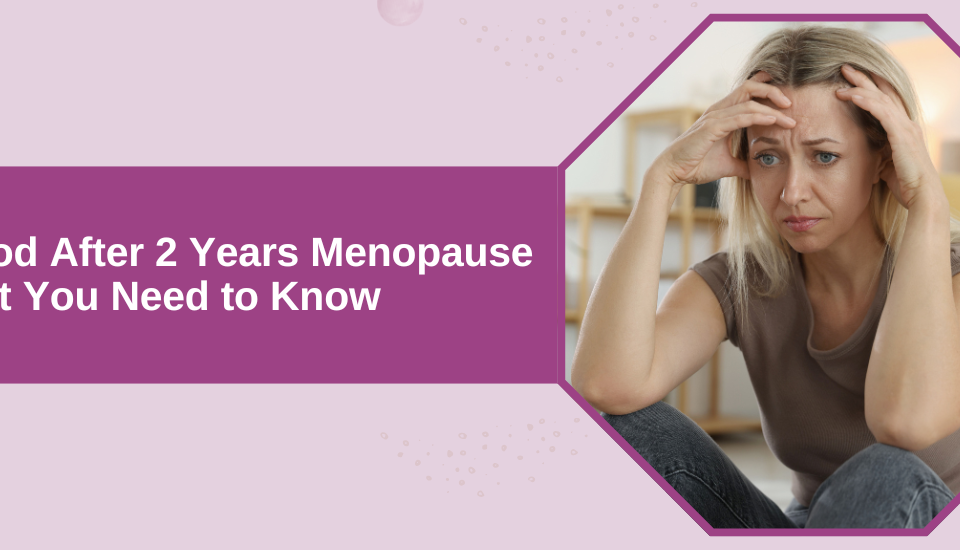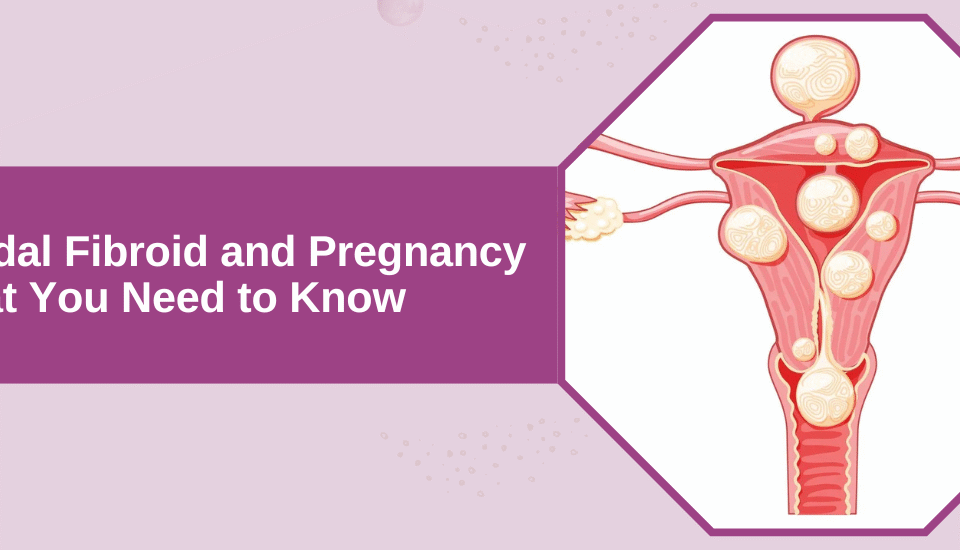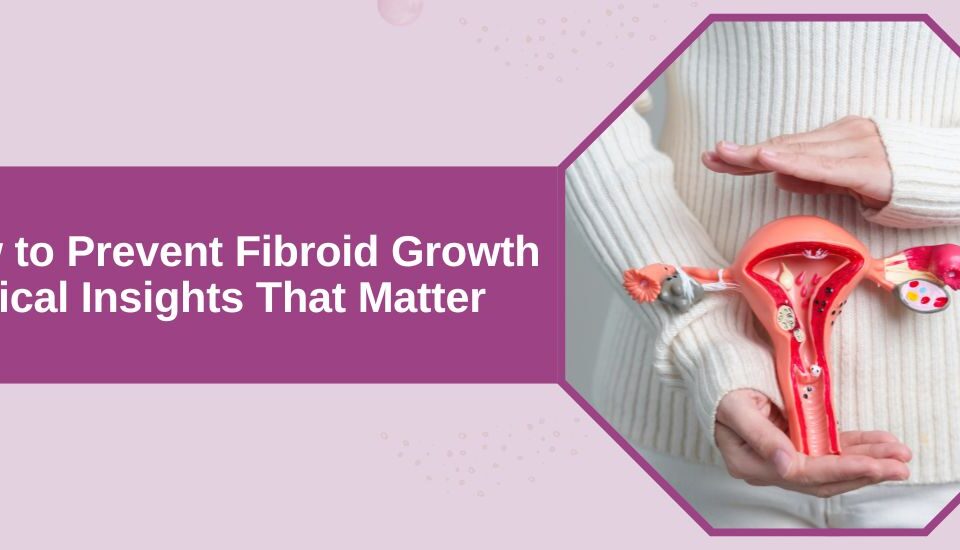- Have any questions?
- +91-98717 17305
- babiesandus12@gmail.com
7 Natural Menopause Treatments That Really Work

No symptoms 15 days after IUI
May 23, 2025
10 Days After IUI Symptoms: What’s Normal and What’s Not
June 17, 2025
If you’re approaching or going through menopause, you might be wondering: Is there a way to manage the symptoms without hormone therapy or synthetic medications? The good news is yes. While menopause is a natural phase in a woman’s reproductive journey, the symptoms can be anything but easy.
At Babies & Us IVF & ICSI Centre in Mumbai, we work closely with women during every life stage. Whether you’re managing fertility, perimenopause, or postmenopausal transitions, our focus is compassionate, evidence-based care.
“Menopause may signal the end of fertility, but it shouldn’t mean the end of your quality of life. Natural treatments can help restore balance safely and effectively,” says Dr. Hrishikesh Pai, renowned fertility and IVF specialist.
This blog explores 7 natural menopause treatments that really work, grounded in clinical research and real-world success, especially for women dealing with the signs and symptoms of menopause.
Understanding Menopause and Why Natural Relief Matters
Menopause is officially diagnosed after 12 consecutive months without a menstrual period, typically around age 51. However, the perimenopausal phase, when hormonal fluctuations begin, can start as early as the mid-40s.
During this transition, estrogen and progesterone levels decline, causing:
- Irregular or skipped periods
- Hot flashes and night sweats
- Sleep disturbances
- Mood instability
- Vaginal dryness and discomfort
- Loss of bone density
- Slower metabolism and weight gain
The side effects of menopause can vary in intensity but often impact daily life. While hormone replacement therapy (HRT) is effective, it’s not suitable for everyone due to risks like blood clots or a history of hormone-sensitive cancers.
That’s where natural, non-hormonal therapies come into play.
Connect with our specialists at Babies & Us IVF Center to explore personalized, holistic care options.
1. Black Cohosh

Black cohosh (Actaea racemosa) is a popular herbal treatment for vasomotor symptoms like hot flashes and night sweats. It acts on serotonin receptors (especially 5-HT7), which regulate body temperature, without influencing estrogen levels directly.
A randomized clinical trial in Gynecological Endocrinology showed up to a 47% reduction in hot flash severity among women taking black cohosh over 8 weeks.
It’s generally well-tolerated, but due to rare reports of hepatotoxicity, it should be used under medical supervision, especially in women with pre-existing liver concerns.
“For women who can’t take estrogen, black cohosh offers a non-hormonal alternative with real clinical impact,” explains Dr. Pai.
2. Lifestyle Changes: Exercise and Sleep Hygiene
Menopause impacts metabolic rate, bone health, and sleep-wake cycles. Regular exercise, particularly weight-bearing and aerobic activity has been shown to:
- Improve bone mineral density
- Reduce mood swings and anxiety
- Lower frequency of hot flashes
- Enhance deep, restorative sleep
Meanwhile, poor sleep is both a symptom and a trigger for other menopausal discomforts. Practicing good sleep hygiene (like avoiding caffeine before bed, reducing screen time, and creating a dark, cool sleeping environment) can help restore circadian balance.
“Think of lifestyle changes as hormone support from the outside in,” says Dr. Pai. “They don’t replace estrogen but support the systems that depend on it.”
3. Phytoestrogens from Diet (Flaxseeds, Soy, Lentils)

Phytoestrogens are plant-based compounds that have a structure similar to human estrogen. They bind to estrogen receptors and exert mild hormonal effects that can ease symptoms like hot flashes, vaginal dryness, and mood fluctuations.
Key dietary sources:
- Flaxseeds – High in lignans
- Soy – Contains isoflavones like genistein and daidzein
- Lentils & Chickpeas – Plant-based protein and hormone-supportive fiber
A Menopause Journal meta-analysis showed that women consuming soy isoflavones had fewer hot flashes and improved cholesterol levels.
These foods are especially helpful in populations (like Indian women) that traditionally consume plant-rich diets.
Want a hormone-friendly diet plan?
Book a nutrition consult at Babies & Us IVF Center for dietary solutions tailored to menopause care.
4. Mind-Body Therapies (Meditation, CBT, Acupuncture)
Menopause isn’t just physical it can be profoundly emotional. The loss of hormonal stability often manifests as anxiety, irritability, and even depressive episodes.
Mind-body interventions have shown remarkable benefits:
- CBT (Cognitive Behavioral Therapy) helps regulate emotional responses and improve sleep
- Mindfulness & Meditation reduce sympathetic nervous system overactivity
- Acupuncture promotes endorphin release and stabilizes hypothalamic thermoregulation
A 2020 BMJ Open study showed that acupuncture reduced hot flash intensity by over 30% in menopausal women.
These therapies work synergistically with other natural treatments and are particularly useful in patients with psychosomatic symptoms.
5. Herbal Teas and Supplements (Red Clover, Ashwagandha, Maca)
Several herbs support hormone regulation and emotional well-being during menopause:
- Red Clover: Rich in isoflavones; supports cardiovascular and bone health
- Ashwagandha: An adaptogen that improves cortisol regulation and sleep
- Maca Root: Used traditionally to boost libido and reduce fatigue
These herbs are best taken in measured doses and often work better when part of a personalized supplement regimen based on blood profiles.
“Herbal supplements can be a gentle first-line approach for women not ready for hormonal intervention,” notes Dr. Pai.
6. Omega-3 Fatty Acids and Vitamin D
As estrogen declines, the risk for osteoporosis, cardiovascular disease, and inflammation rises.
- Omega-3s (EPA and DHA from fish oil): Reduce inflammation and stabilize mood
- Vitamin D3: Enhances calcium absorption, reducing bone loss and supporting immune function
Supplementing with:
- 1000–2000 mg/day of Omega-3s
- 800–1000 IU/day of Vitamin D
is often recommended for women in perimenopause and beyond.
Routine testing for Vitamin D levels can guide dosage. Pairing supplements with weight-bearing exercise further supports bone health.
7. Hydration & Vaginal Health Naturally
Urogenital atrophy is a lesser-discussed but highly impactful side effect of menopause. Estrogen decline leads to thinner vaginal tissues, dryness, itching, and painful intercourse.
Natural aids include:
- Aloe vera-based lubricants and moisturizers
- Hyaluronic acid vaginal gels
- Hydration: At least 2.5–3 liters of water/day to support mucosal integrity
- Probiotics: Help maintain healthy vaginal pH and reduce infections
These options are safe for long-term use and can be used alongside pelvic floor exercises or vaginal dilators when needed.
What Works May Vary – Listen to Your Body
Each woman’s menopausal transition is unique. Genetics, diet, stress levels, and underlying conditions all influence how symptoms present and how treatments work.
“Listening to your body, tracking symptoms, and staying open to a mix of therapies is key,” says Dr. Pai. “What works best is usually a combination approach.”
At Babies & Us, we personalize care plans to match individual needs, offering both conventional and integrative solutions.
Still unsure which treatment is right for you?
Speak with a menopause specialist at Babies & Us IVF Center for individualized care and lasting relief.
Final Thoughts
Menopause is a significant physiological milestone, but it doesn’t have to be a period of distress. By integrating these 7 natural menopause treatments that really work, women can regain comfort, stability, and joy in this new phase of life.
“Every woman deserves a smooth, supported transition into menopause. Natural treatments give us powerful tools to make that happen,” concludes Dr. Hrishikesh Pai.
Whether you’re considering dietary changes, herbal therapies, or mind-body approaches, always consult a qualified specialist to build a treatment plan that’s safe, effective, and uniquely yours.
FAQs
What are the first signs and symptoms of menopause?
Hot flashes, irregular periods, night sweats, mood swings, vaginal dryness, and sleep disturbances are among the first signs.
Are there any side effects of menopause treatments?
Hormone replacement therapies may pose risks like blood clots or breast tenderness. Natural treatments typically have fewer side effects but should be used under guidance.
Do natural menopause treatments really work?
Yes, many have clinical support. Black cohosh, phytoestrogens, acupuncture, and lifestyle changes all show measurable benefits.
Can diet help manage menopause symptoms?
Absolutely. Phytoestrogen-rich foods like soy and flaxseeds, along with Omega-3s and Vitamin D, can support hormonal balance and overall well-being.
Reference Links:
- North American Menopause Society – https://www.menopause.org/
- National Institutes of Health – https://www.nih.gov/news-events/nih-research-matters/natural-approaches-menopause-symptom-relief




